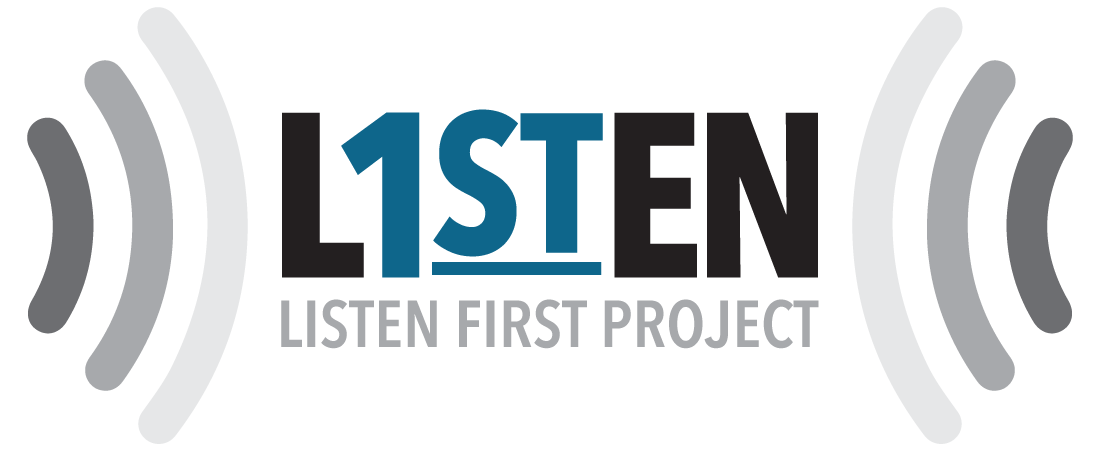America is waking up to an existential crisis within our borders. More than 7 in 10 people say our divisions have never been worse and that incivility has reached a crisis level. How did we get here? And what can we do about it? The following societal trends and survey data tell an incredible story.
Causes of unprecedented division
- Steadily rising social and political tensions rooted in diverging reactions to relentless economic, demographic and cultural changes reshaping American life.
- Most profound demographic transformation since the Melting Pot era at the turn of the 20th century. Almost 40% of the total population is now non-white, roughly double the share in 1980. People born abroad now constitute about 14% of all Americans.
- Eight in 10 Americans identified as white Christians through the 1960s. Increase in non-white population and decline of Christianity has pushed white Christians to just 43% of the population. Nearly a quarter of Americans today are unaffiliated with any religious faith.
- Rapid change in cultural mores has followed. Fifteen years ago, same sex marriage was not legal in any state and was opposed by a significant majority; today it is legal everywhere and supported by 64%.
- In 1965, core blue-collar industries of manufacturing, construction and mining accounted for more than a third of American jobs. Today, less than one-in-seven. Job growth now driven by post-industrial occupations such as health care, education, business services and tourism.
- Growth concentrated in large metropolitan areas racing into the globalized, information economy.
- Political parties have starkly divided over these trends. Republicans rely on what Ronald Brownstein calls a “coalition of restoration” that revolves around older, blue-collar, and evangelical Christian whites, mostly outside of urban areas, who feel most uneasy about these changes. Democrats mobilize a competing “coalition of transformation” centered on minority, millennial and college-educated white voters, who are mostly clustered in major metropolitan areas and the most comfortable with the changes.
- 2016 presidential race widened divisions to new extremes, illuminating deep fractures along lines of race, generation, class and geography. 79% of Americans say 2016 election was uncivil. 79% also say uncivil comments by political leaders encourages greater incivility in society.
- Americans blame three major factors for the erosion of civility: politicians (75%), internet/social media (69%), and news media (59%).
Evidence of historic division
- 75% of Americans believe the lack of civility has reached a crisis level.
- 71% of Americans believe our nation’s politics have reached a dangerous low point.
- Most Americas (52%) are bothered “a great deal” by “politics being too divisive and there being a lack of respect for people who disagree with each other.”
- Most people engaged in politics are afraid of the other side. Not just frustrated or angry, but afraid. (70% of Democrats; 62% of Republicans)
- On a thermometer of 0 to 100, Democrats’ and Republicans’ view of people in the other party is frigid at 24 and 23 respectively.
- As the partisan gap on major issues has exploded over the last decade, most people have just a few or no close friends in the opposing party. (64% of Democrats; 55% of Republicans)
- 56% see fewer things that bind Americans together today than in the past.
- 84% have personally experienced incivility.
- 56% expect civility to get worse in the next few years.
The Solution = Listen First
- Tell your friends to join the Listen First Movement!
(75% would be willing to set a good example by practicing civility; 66% would encourage friends, family members and colleagues to be civil; 36% want to see a national campaign to promote civility; 20% want a national day of civility)
- Suggest a school, college or community for a Listen First chapter!
(49% recommend civility training in schools and colleges as 50% of parents say their children have experienced incivility at school)
- Bring Listen First Means Business to your workplace!
(11% would start or join a civility group at their workplace)
- Use #ListenFirst to call out incivility!
(53% would speak up against incivility when they see it)
- Invest in rebuilding civil discourse in America!
(11% would donate money or time to support organizations that promote civility)
It's not a pretty picture, but together we will bridge divides one Listen First Pledge and Conversation at a time. How can you help?
Sources: Civility in America VII: The State of Civility survey; CNN: "America, a year later" by Ronald Brownstein; NBC News/Wall Street Journal survey; Pew Research Center surveys; Washington Post-University of Maryland survey
